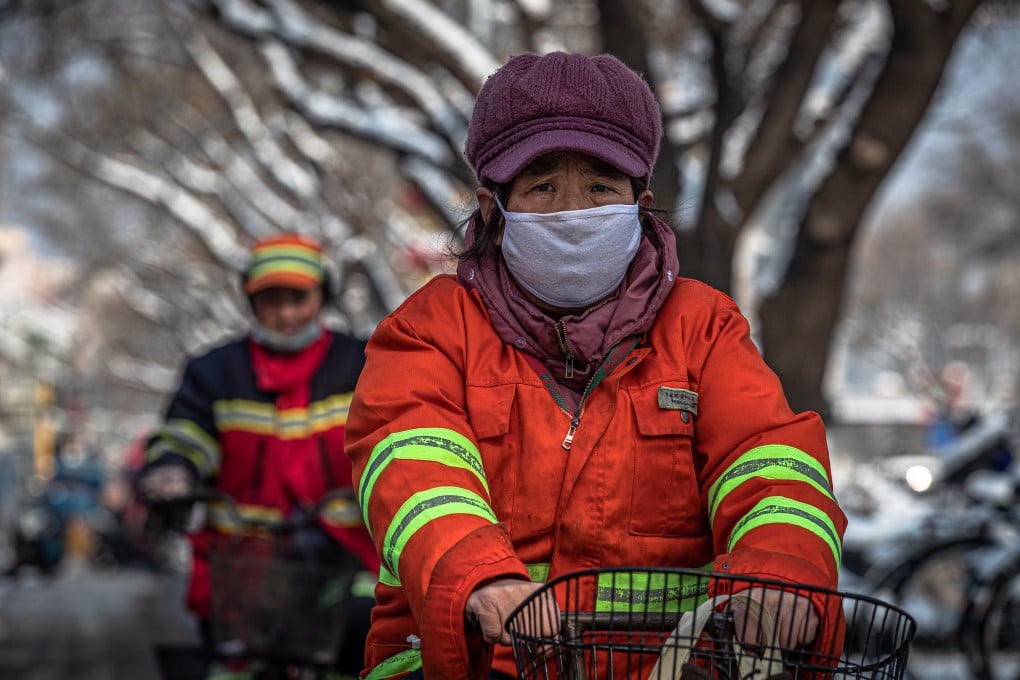Advertisement
Explainer | Coronavirus: What are ‘super spreaders’ and are they a cause for concern?
- Poor hygiene, a weak immune system, or proximity to people vulnerable to illness are some reasons super spreading occurs
- The most effective way to stop super spreaders is to ensure that infected cases are isolated quickly, says one expert
Reading Time:4 minutes
Why you can trust SCMP

Someone who is infected with the novel coronavirus can spread it to two to three other people on average.
Then, there may be carriers who do not pass on the virus to anyone and there may be those who are “super spreaders” – patients who tend to spread the virus more rapidly and to more people than the average person.
One example is that of a British man who infected 11 others after picking up the Covid-19 disease during a business meeting held at the Grand Hyatt Singapore.
Advertisement
Are such patients a cause for concern in the race to contain the ongoing public health crisis?
What exactly are ‘super spreaders’?
Tikki Pangestu, a visiting fellow at the Lee Kuan Yew School of Public Policy in Singapore, said a “super spreader” refers to an infected person who moves around a lot and therefore spreads the virus to many other people in many different locations.
Advertisement
Advertisement
Select Voice
Select Speed
1.00x